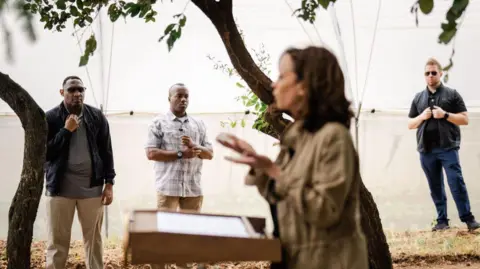In a groundbreaking case in Spain, a 23-year-old woman is set to testify in court today, advocating for her right to die through voluntary euthanasia, despite her father's vehement opposition. This unprecedented situation is stirring significant public and legal interest, as it explores the intricate dynamics of personal autonomy and familial responsibility.
The young woman, who has been rendered paraplegic following an attempted suicide in 2022, has received the endorsement of the Catalonia regional government after her request for euthanasia was unanimously approved by a local assessment board in July 2024. Euthanasia, which may involve voluntary or involuntary actions to end life in order to alleviate severe suffering, is at the heart of this landmark case.
Originally scheduled for August, the euthanasia procedure was halted due to legal objections brought forth by her father, who is backed by the campaign group Christian Lawyers (Abogados Cristianos). He argues that his daughter's mental health issues impair her decision-making capacity and emphasizes the state's duty to preserve the lives of individuals, particularly vulnerable youth like his daughter. He also cites her reported positive response to rehabilitation as a counterpoint to her wish to proceed with euthanasia.
In her legal documents, the woman expressed feelings of isolation and despair, stating, "I feel misunderstood by my family, I feel alone and empty, this situation causes me a great deal of suffering."
The legal representatives for the Catalan government argue that numerous medical evaluations support her request and that no substantial scientific evidence has been presented to challenge it. Meanwhile, the public prosecutor is urging the judge to consider expert opinions and the woman's own narrative before reaching a decision on her case.
This court hearing marks the first instance in Spain's history since the enactment of a euthanasia law in 2021 where a judge's ruling will shape the outcome of a voluntary euthanasia request. Last year, a court ruled against a father's appeal to prevent his son's approved euthanasia, indicating a legal precedent for such cases.
As Spain navigates the complexities of assisted dying laws, this case could set significant legal and ethical benchmarks in the ongoing global conversation surrounding euthanasia and personal autonomy in matters of life and death.





















